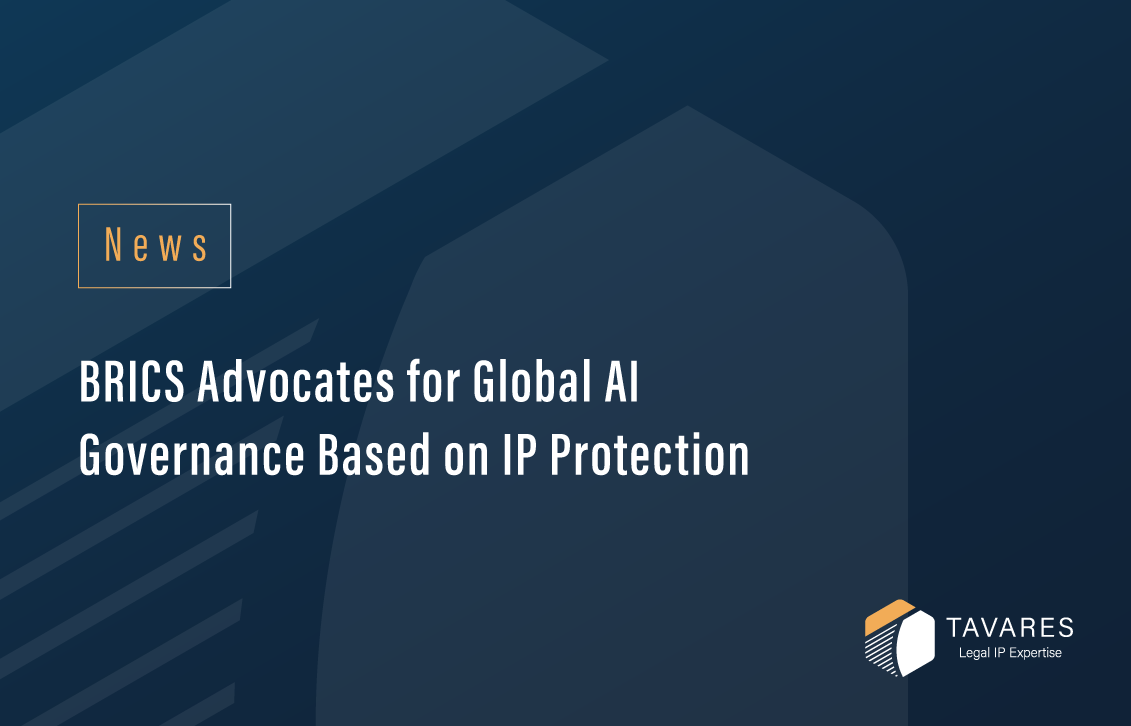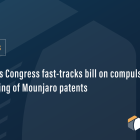At the recent summit held in Rio de Janeiro, BRICS member countries (Brazil, Russia, India, China, and South Africa) released a joint declaration on artificial intelligence (AI) governance. The statement advocates for a fair, inclusive, and collaborative approach to AI development, with a special focus on intellectual property protection, human rights, and the digital sovereignty of developing nations.
According to the BRICS leaders, AI governance must be aligned with the principles of the UN Charter, ensuring respect for national laws and intellectual property rights, and preventing unauthorized data extraction and the unfair use of protected content. The declaration calls for fair compensation mechanisms for creators and rightsholders.
Key points of the declaration include:
- Open-source AI development to ensure equitable technology sharing;
- Active participation of Global South countries in international standard-setting;
- Transparency, auditability, and safety in AI systems, with efforts to mitigate algorithmic bias;
- Global AI governance led by the United Nations;
- Fair access to digital infrastructure and high-quality data;
- Environmental Sustainability and the Promotion of Decent Work in the Digital Age.
The declaration also emphasizes that public interest must take precedence, calling for human oversight in automated decision-making, efforts to combat disinformation, and inclusive digital education.
BRICS positions itself as a key player in shaping ethical, fair, and inclusive AI governance, amplifying the voice of the developing world in global discussions.
At Tavares IP, we closely follow global discussions on the future of AI and its implications for intellectual property. Contact our team to learn how to safeguard your assets in this evolving landscape.






